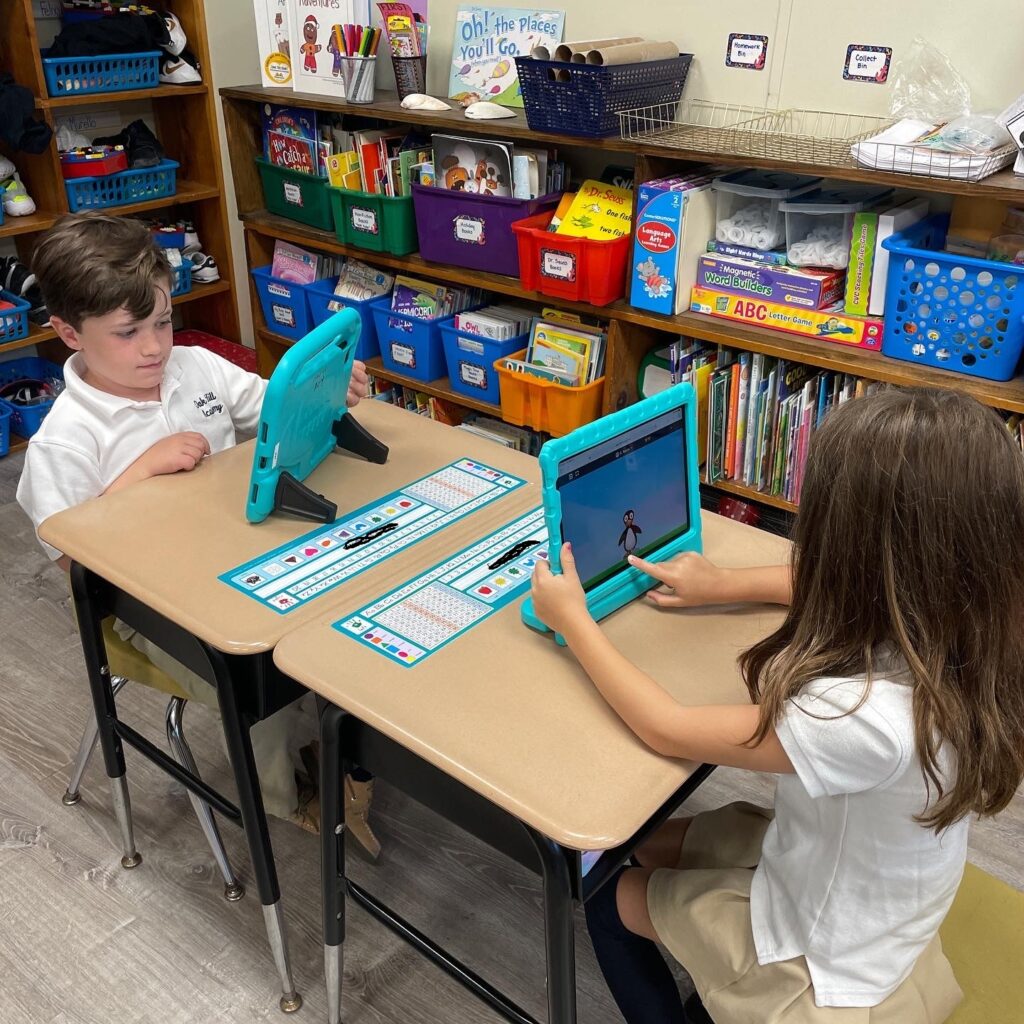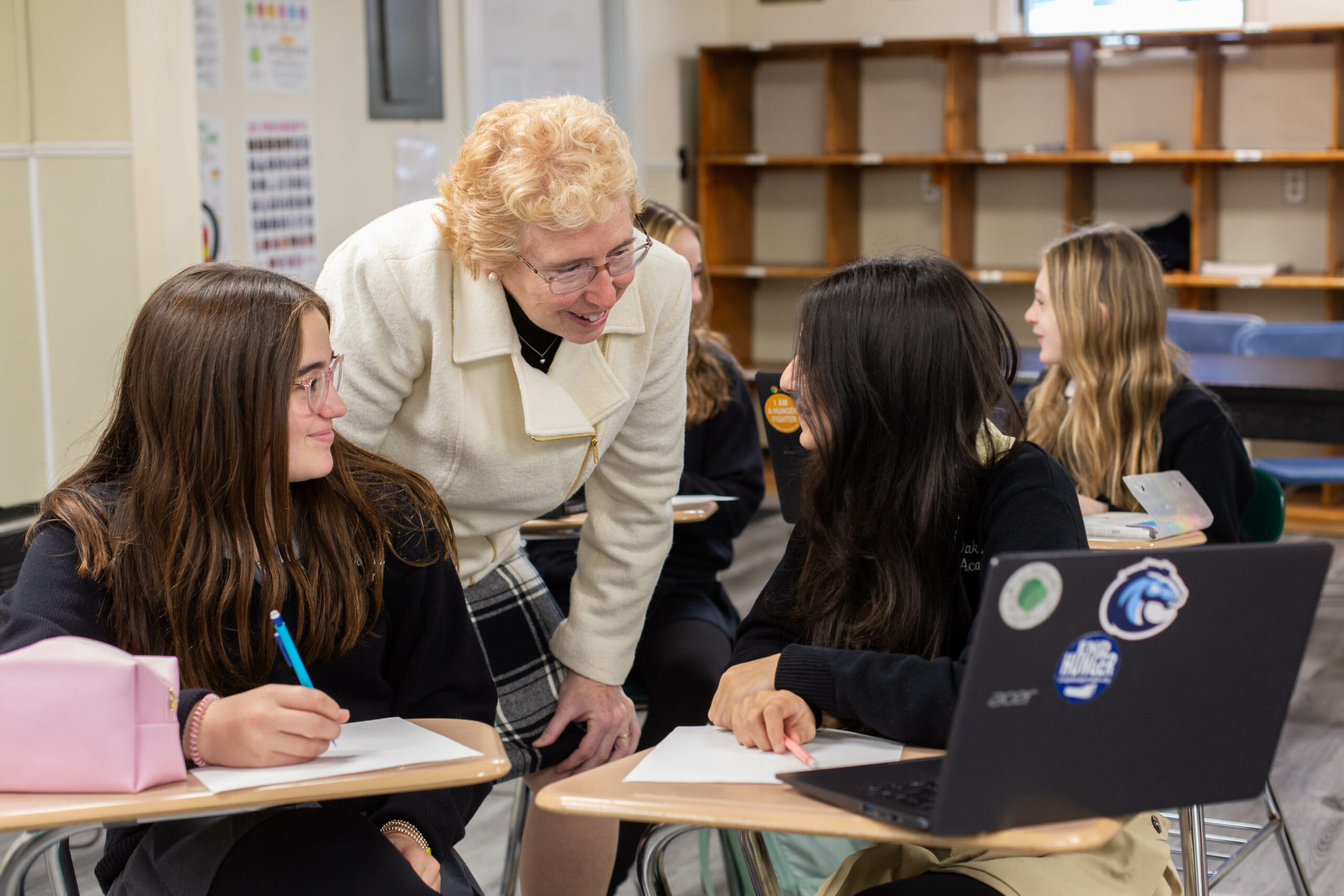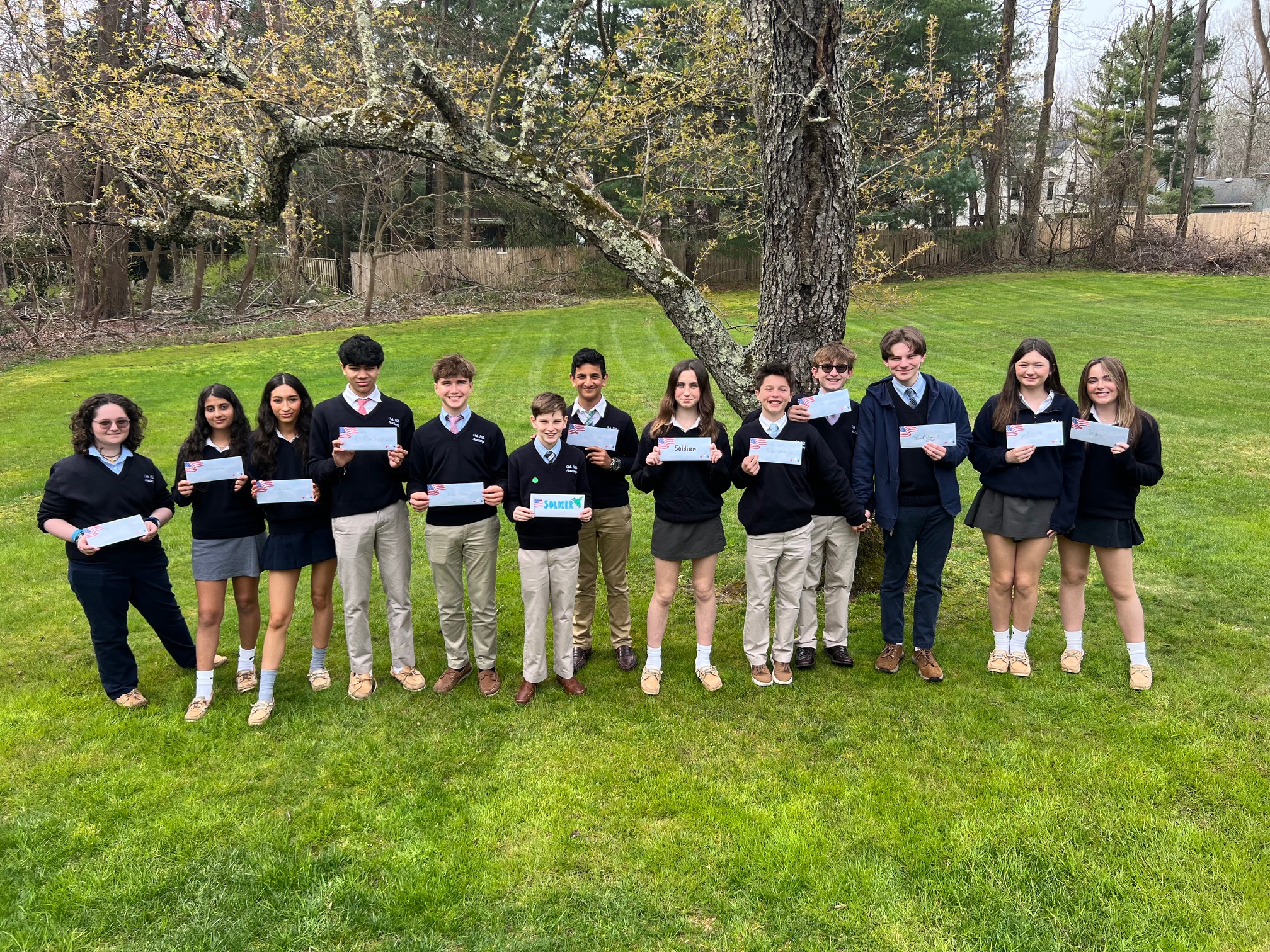Are Video Games Good for Learning?
Contrary to typical belief, good video games, when used in moderation, are very much like other forms of learning.
We see that quality video games are not only highly engaging but also add much to the process of accurate and close reading. Readers (players) are using print in the very way it should be used – meaning people actually understand what they read in a useful and situated way. Story lines often parallel great literature, which the student might be exposed to in their reading or social studies classes. Often, the game inspires further questions and challenges. Vocabulary is enhanced and exploration leads to a great use of the imagination.
Learners are also exposed to math concepts when they view geometric figures, distance, perspectives, and abstract reasoning. Intuitive knowledge is built up through gaming, which is associated with math problem solving. Gaming also improves the user’s perseverance, weighing consequences, and eventually meeting success.
Let’s consider this analogy of video game use and how it associates to other types of learning.
- The player must probe the virtual world, (which involves looking around the current environment, clicking on something, or engaging in a certain action,) to see if there is a problem to solve or an interest to explore. What do I already know to lead me in this direction? What path should I take? What questions are presented?
- Based upon reflection during and after probing, the player must form a hypothesis about what something (a text, object, artifact, event, or action) might mean in a usefully situated way. The learner, through action and reflection, becomes a “self-teacher,” “training” his or her own mental networks of associations (the patterns the mind stores.)
- Initial decisions are made as the user tries different options, and then they have to think about what the results may mean for them to make progress. Failures give clues to immediate redirection and successes show progress. As the player re-probes this world, reflection causes more listening to feedback as the mind looks for patterns and associations. We see that people can transform these mental associations when sufficiently powerful experiences encourage them to do so. Such adaptations in turn form new sub patterns, which are never set and finished. They are like a large tree that always seeks to rise higher, but that must continue to send deeper roots into the ground.
- As the game progresses and when deep understanding takes hold, the player treats re-probing as feedback and accepts or rethinks his or her original hypothesis. As the game (learning) continues, more connections are made to the original hypothesis, which is refined or rejected, leading to a possible other plan of action. This process is not much different in kind from the procedure by which expert practitioners operate.

In conclusion, we see that high quality video games are not only a positive learning experience, but also can be used as a model for other excellent future learning endeavors.
In gaming, students are actively searching and exploring the correct ways – and incorrect ways – to reach the end goal, creating an active learning environment instead of the traditional passive learning environment of listening to lectures. This approach of engaging the learner in participating in various learning methods is a hallmark of the Oak Hill Academy private school experience.
Combined with the normal school related STEM classes, including research, debate, experimenting in labs, problem solving, skills building, and simulations, gaming can provide an immersive opportunity for students to collaborate and grow intellectually. Combined with a well-balanced curriculum, gaming permits a search for understanding in daily life. However, the goal must be to continue to develop the whole person’s social, mental, and intellectual well-being. Like everything else in life, there must be a balance of use when it comes to gaming. Senseless games should be used at a minimum, leaving plenty of room for those games that inspire creativity and critical thinking.
Oak Hill Academy is a NJ private school that is co-educational, independent, nonsectarian, and nonprofit for grades pre-kindergarten through eight. Oak Hill Academy is dedicated to a traditional, challenging, and caring learning environment that encourages comprehensive thought processes and deep understandings; thus promoting the wholesome intellectual, emotional, moral, and physical lifetime growth of our students. If you want to learn more about what makes Oak Hill Academy one of the best private school in NJ, visit us online at www.oakhillacademy.com , or subscribe to our mailing list to be notified when we post more topics.






